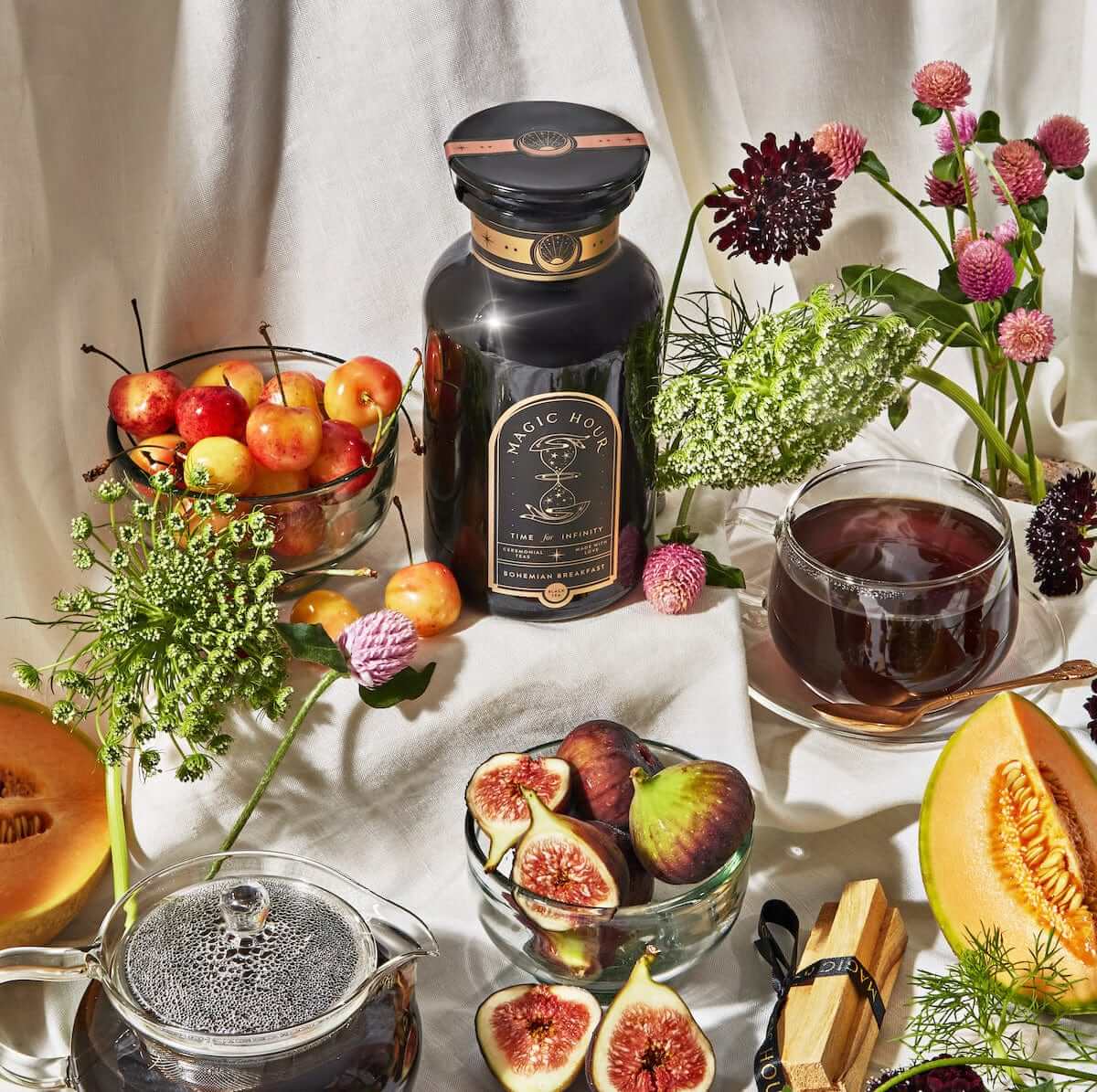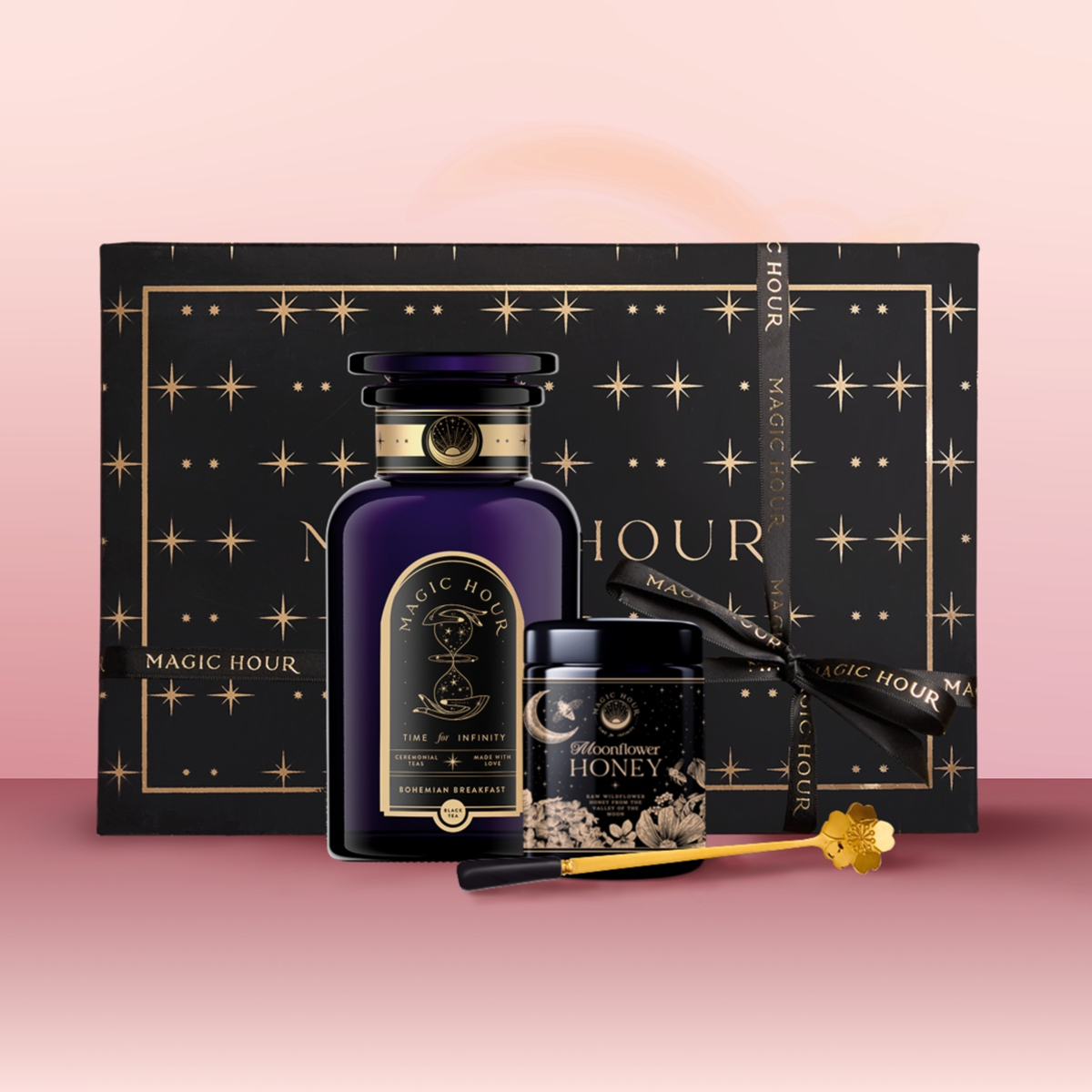Sip, savor, and learn! Discover if your cozy chai latte is giving you a caffeine kick and how much! This isn't just about counting milligrams, friends. We're diving into the heart of chai: its rich history, comforting warmth, and power to potentially boost your health.
If you're a tea lover, health enthusiast, or just someone who adores the sweet spice of chai, this one's for you. Let's unravel the mysteries of this beloved beverage!
What is Chai Tea?
Chai tea is a symphony of flavors and aromas dancing in your cup. Also known as masala chai, this isn't your average tea. It's a vibrant blend of black tea leaves—usually Assam and Darjeeling—infused with a chorus of warming spices.
- Think of spices like:
- Cinnamon
- Cardamom
- Ginger
- Nutmeg
- Cloves
- Star anise, and sometimes even black pepper.
It's often sweetened with honey or sugar and made creamy with milk.

Chai's roots trace back to ancient India, where it was cherished for its medicinal properties. There, it’s called masala chai, which translates from Hindi to spiced tea. In the West, we call it chai tea, even though that’s just saying tea twice (chai means tea in Hindi).
Today, cafes and kitchens around the world serve chai lattes, blends, and even chai-flavored treats, a testament to chai's versatility and timeless appeal.
The Benefits of Chai Tea
Chai isn't just a treat for your taste buds; it might also offer a wealth of health benefits. While research is ongoing, here's what we know so far about chai tea benefits:
- Tea boosts your heart’s health: Some studies suggest that drinking just two cups of chai tea daily may help lower cardiovascular disease risk.
- It’s a digestive aid: The spices in chai, particularly ginger, are known to soothe digestion and ease tummy aches.
- Blood sugar control: There's recent evidence that chai tea might help regulate blood sugar levels, making it a potentially good choice for people with diabetes.
- Controlling free radicals: Tea is also packed with antioxidants, which fight off harmful free radicals in your body. It may even help strengthen your immune system and reduce inflammation.
- Reduced anxiety: unlike drinking a cup of coffee, tea contains a compound called L-theanine, which has a calming and soothing effect on the nervous system. Less stress means less cortisol and an overall healthier life.
Does Chai Tea Have Caffeine?
Short answer: Yes, traditional chai tea does contain caffeine.
Long answer: It's all about the black tea used as the base for chai tea. Black tea leaves naturally contain caffeine, and since they're a key ingredient in chai, your cup will have some caffeine, too.
But the good news is that chai typically has less caffeine than coffee.
How Much Caffeine is in Chai Tea?
Now, the exact amount of caffeine in your chai can be as unique as the blend itself. Several factors come into play:
- Tea quality and quantity: High-quality tea leaves often have more caffeine. Also, the more tea leaves you use, the more caffeine ends up in your cup.
- Processing: How we process tea leaves can also affect their caffeine content. Black tea is often more fermented than green or white tea. This affects caffeine concentration in the leaves and also how fast we can extract the caffeine when steeping.
- Steeping time and temperature: The longer and hotter you steep your chai, the more caffeine you'll extract. Seeping time and temperature are the most significant factors that impact the amount of caffeine in your drink. Just look at the numbers in the following table:
|
Brew Time (s) |
Caffeine concentration (mg/L) |
Total Caffeine Fix per serving (mg) |
|
30 |
108 |
21.6 |
|
60 |
159.2 |
31.84 |
|
120 |
227.3 |
45.46 |
|
300 |
285.9 |
57.18 |
Because of these factors, the amount of caffeine varies wildly. For example, this research paper studied the amount of caffeine in brews from dozens of tea brands. The results showed that concentration can vary from 40–303 milligrams of /L for a dose of 8–61 milligrams of caffeine per cup.
So, if you're brewing your chai at home, paying attention to these details is important! There's no one-size-fits-all answer when it comes to caffeine content.
Why Does Chai Tea Contain Caffeine?
As we mentioned earlier, caffeine in chai comes from the black tea leaves. Now, not all chai is made with black tea. You can find chai made with green tea, which has less caffeine, or even herbal teas that are naturally caffeine-free.
But here's the twist: Caffeine in chai doesn't act the same way as in coffee. The L-theanine we mentioned above counteracts some of caffeine’s effects.
Also, the spices and milk in chai might slow down caffeine absorption, giving you a gentler energy boost without the jitters or crashes.
How to Make Chai Tea
As with all tea, you can make it hot or cold. Here’s a how-to guide for both.
How to Make Hot Chai Tea
- Gather your ingredients: You'll need black tea (loose leaf or tea bags), cardamom pods, fresh ginger root, cinnamon sticks, cloves, and black peppercorns. Feel free to adjust the amounts to your taste.
- Simmer and spice: Combine the spices with water in a saucepan and bring to a simmer. Let the flavors meld for about 10 minutes.
- Brew the tea: Add your tea leaves or bags and simmer for another 3-5 minutes.
- Sweeten and mellow: Stir in your preferred sweetener (honey or sugar) and milk or a milk substitute.
- Strain and sip: Pour through a fine-mesh strainer to remove the spices and enjoy the warm, comforting goodness!
How to Make Iced Chai Tea
For a refreshing twist, simply brew a strong batch of hot chai tea following the steps above. Let it cool completely, then pour it over ice. You can also add a splash of cold milk or a milk alternative for extra creaminess.
How to Make Hot Chai Latte
- Brew the chai: Follow the instructions for making hot chai tea.
- Steam the milk: Warm and froth your milk of choice (dairy or non-dairy) using a milk frother or steaming wand.
- Combine and enjoy: Pour the brewed chai into a mug and top it with the steamed milk. Sprinkle with a pinch of cinnamon for an extra touch of warmth.
How to Make Iced Chai Latte
- Make chai concentrate: Brew a strong batch of chai tea, double the amount of tea leaves or bags, and let it cool completely. You can even sweeten it at this stage if you like.
- Combine and chill: Mix the chai concentrate with your preferred milk or milk substitute. Pour over ice and savor the cool, spiced delight!
A Word of Warning
While chai tea offers many potential benefits, it's important to remember that it does contain caffeine. Consuming too much caffeine can lead to jitters, anxiety, insomnia, and other unpleasant side effects.
If you're pregnant, breastfeeding, have a heart condition, or are sensitive to caffeine, it may be best to limit your chai intake or choose caffeine-free options. Of course, always consult your doctor before making any dietary changes if you have specific concerns or conditions that restrict or affect your diet.
Final Thoughts
Chai tea is a delightful beverage with a rich history and potential health benefits. Whether you prefer it hot or iced, as a tea or a latte, there's a chai out there for everyone. Just be mindful of the caffeine content and enjoy it responsibly!
Now that you know all about chai, go forth and explore the world of chai tea. Experiment with different recipes, find your favorite blend, and savor the warm, comforting flavors. Cheers!







